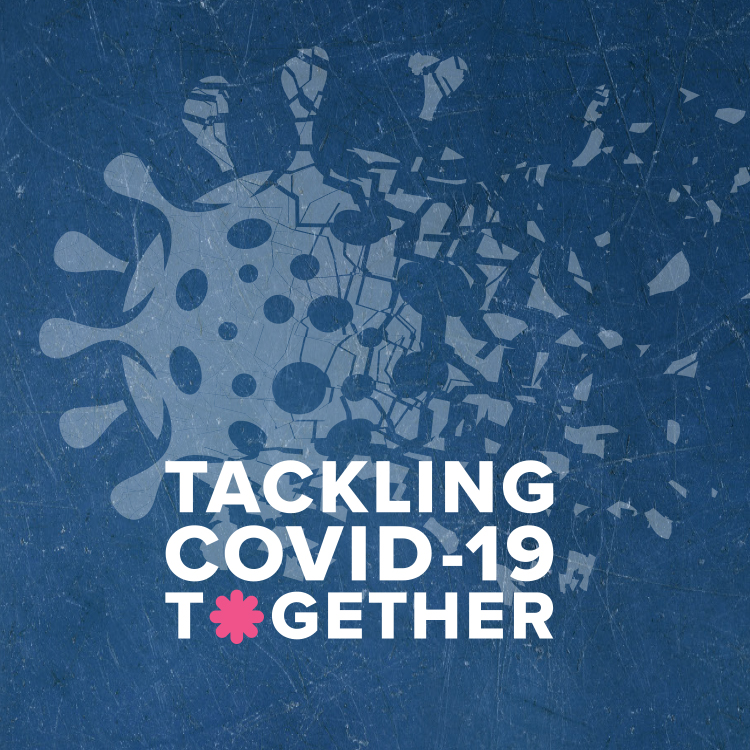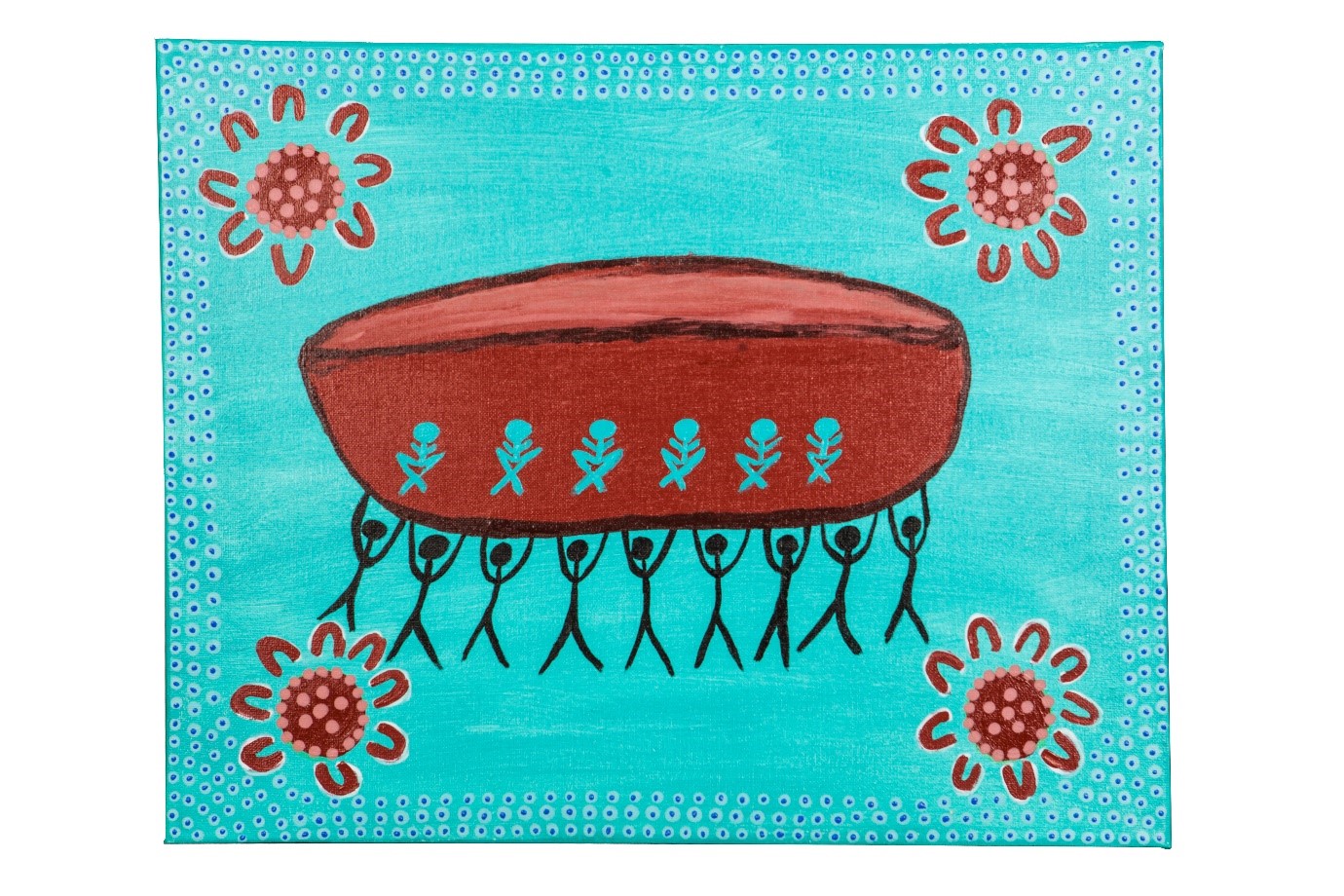Search
Showing results for "mental health aboriginal"
The Role We are seeking an exceptional professional to join our team as a full-time Program Development Coordinator to drive the formation of an

Engaging the community in COVID-19 rapid research
Research
Prevalence of chronic respiratory diseases in Aboriginal children: A whole population studyThe burden of bronchiectasis is disproportionately high in Aboriginal adults, with early mortality. Bronchiectasis precursors, that is, protracted bacterial bronchitis and chronic suppurative lung disease, often commence in early childhood.
Research
A data infrastructure for improving Aboriginal life pathways: the influence of health, education, child protection and justice systems over time and across generationsIncarceration represents a source of ongoing socioeconomic and health inequity between Aboriginal and non-Aboriginal populations, limiting life changes and opportunities.
Research
Socioeconomic disparities in physical health among Aboriginal and Torres Strait Islander children in Western AustraliaWe sought to provide insights by examining socio-economic disparities in physical health outcomes among Aboriginal and Torres Strait Islander children in WA.

Research
Ngulluk Koolunga Ngulluk Koort (Our Children, Our Heart) ProgramBrings the Aboriginal community(s) of Perth together with service providers & policy makers to improve outcomes for Aboriginal kids and their families.
Research
A prospective investigation of dietary patterns and internalizing and externalizing mental health problems in adolescentsOur findings only lend partial support to a link between diet and mental health, specific to females consuming a Western diet and to externalizing behaviours
Research
Non-specific psychological distress, smoking status and smoking cessation: United States National Health Interview Survey 2005It is well established that smoking rates in people with common mental disorders such as anxiety or depressive disorders are much higher than in people...
Research
Using participatory action research to prevent suicide in Aboriginal and Torres Strait Islander communitiesUsing a participatory action research approach, the communities were supported to identify the risk factors challenging individuals, families and communities...
Research
The rationale for action to end new cases of rheumatic heart disease in AustraliaThe choice of RHD is telling: the disease is a marker of inequality, a novel lens for considering health systems and a feasible target for disease control.
